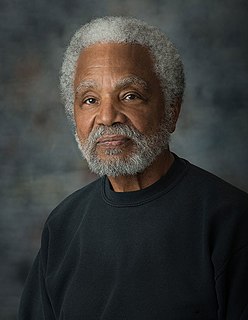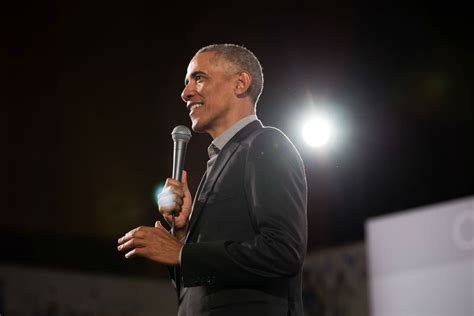A Quote by Matthew Heineman
Too often, we rely on other people - whether it be politicians or institutions - to effect change.
Quote Topics
Related Quotes
Change can only come from local citizens and politicians - it cannot be imposed by well-meaning foreigners - not least because a society like Afghanistan or Iraq is suspicious of outsiders and often resistant to change. I am not going to get drawn into the ethics of intervening in other countries. My concern is the practical question. Can you actually achieve change in this way? My guess is we can stop wars sometimes as in the Balkans and topple regimes - but that the other stuff - such as corruption is not within our power to effect and alter.
Politicians all over the world cater to domestic vote banks. They will spend only on what their constituents want. So unless there is a grass root green movement in a nation the politicians will not be willing to spend money on curbing emissions. More awareness is needed amongst the people to effect the real change in how governments spend.
My great hope for us as young women is to start being kinder to ourselves so that we can be kinder to each other. To stop shaming ourselves and other people for things we don't know the full story on - whether someone is too fat, too skinny, too short, too tall, too loud, too quiet, too anything. There's a sense that we're all ‘too’ something, and we're all not enough.
Americans, too many of them, take themselves too seriously. You're going to get rapped - by the viewers, by the sponsors and by the network brass - if you joke about doctors, lawyers, dentists, scientists, bus drivers, I don't care who. You can't make a joke about Catholics, Negroes, Jews, Italians, politicians, dogs or cats. In fact, politicians, dogs and cats are the most sacred institutions in America.
Successful democratic politicians are insecure and intimidated men. They advance politically only as they placate, appease, bribe, seduce, bamboozle, or otherwise manage to manipulate the demanding and threatening elements in their constituencies. The decisive consideration is not whether the proposition is good but whether it is popular -- not whether it will work well and prove itself but whether the active talking constituents like it immediately. Politicians rationalize this servitude by saying that in a democracy public men are the servants of the people.
Ayatollah Khomeini issued a fatwa to that effect, which was then given effect in the Islamic Republic of Iran, so in the Islamic Republic of Iran, it's flexible enough to allow for sex changes, and it encourages sex changes. But if you want to change your religion in Iran, you've got some serious problems. There are other problems. You're allowed to change sex, but if you want to be a homosexual, theoretically at least, you face the death penalty. Quite how often these penalties are carried out is a moot point, but it's there on the statute books.






































